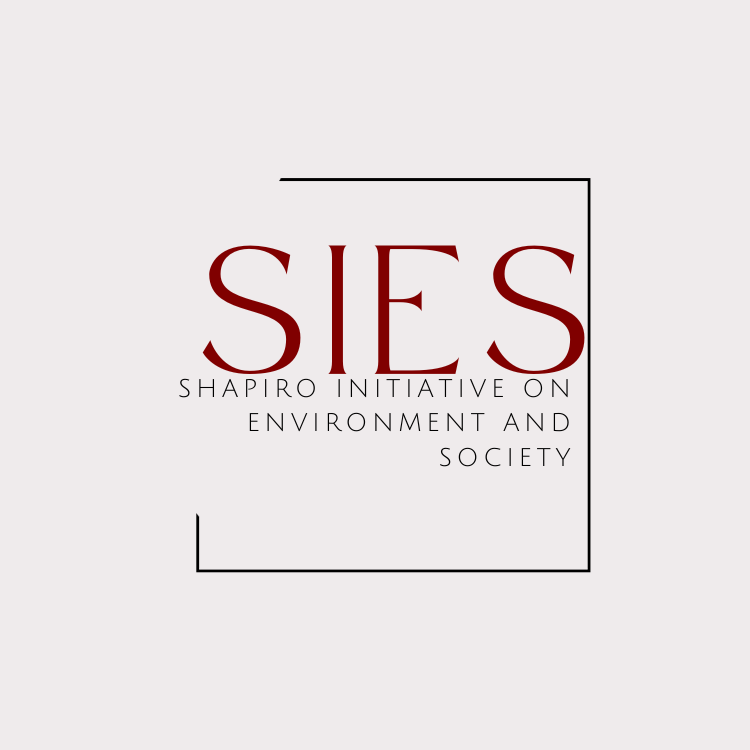
Each year, a distinguished expert in a social-scientific research field related to climate and environment issues is invited to campus to give a public lecture and participate in other academic enterprises.
The 2025-2026 lecture will be offered by Sunil Amrith on April 8, 2026. Details forthcoming.
Amrith will also offer a graduate masterclass on April 10, 2026. Details forthcoming.
2025-2026: Sunil Amrith is the Renu and Anand Dhawan Professor of History; Director, Whitney and Betty MacMillan Center for International and Area Studies; Vice Provost for International Affairs at Yale University. Amrith’s research focuses on the movements of people and the ecological processes that have connected South and Southeast Asia, and has expanded to encompass global environmental history. He has published in the fields of environmental history, the history of migration, and the history of public health. His new book is The Burning Earth, an environmental history of the modern world that foregrounds the experiences of the Global South (W.W. Norton and Penguin UK). It was named a 2024 “essential read” by The New Yorker, a “book we love” 2024 by NPR, and was a finalist for the 2025 PEN/E.O. Wilson prize. It is being translated into ten languages.
______________________________________________________________________________________________________________
2024-2025: Bathsheba Demuth is the Dean’s Associate Professor of History and Environment and Society, Director of Native American and Indigenous Studies Initiative at Brown University. Her work focuses on the environmental history of the Russian and North American Arctic and she is author of Floating Coast: An Environmental History of the Bering Strait, published by W. W. Norton (2019). Prof. Demuth completed her PhD in history at the University of California, Berkeley. She is currently working on a project titled The Long Water: A Biography of the Yukon River that "examines how legal ideas—from where law originates to private property, rights to hunt or fish, and Indigenous land claims—and the ecology of the Yukon River mingled and changed each other over the past 200 years."
______________________________________________________________________________________________________________
2023-2024: Jo Guldi is Professor of Quantitative Methods at Emory University and a historian of capitalism. Her books include The Dangerous Art of Text Mining: A Methodology for Digital History, The Long Land war: The Global Struggle for Occupancy Rights, The History Manifesto, and The Road to Power. She completed her PhD in History at the University of California, Berkeley and later held postdoctoral fellowships at the University of Chicago and the Harvard Society of Fellows. Prof. Guldi was also previously Hans Rothfels Assistant Professor of History at Brown, and Full Professor of History at Southern Methodist University.
The Shapiro Initiative for Environment and Society is happy to offer fellowship support for pre-ABD students in the Social Science Division working on topics with a strong connection to environmental history. We can offer funds for travel between $500 and $2,500. A new cycle will open in Spring 2026.
Together with the Committee on Environment, Geography and Urbanization, the Department of History, and the Shapiro Initiative on Environment and Society hosts a graduate workshop which will be held on Thursday, April 23, 2026 & Friday, April 24, 2026. Details forthcoming.
 THE UNIVERSITY OF CHICAGO
THE UNIVERSITY OF CHICAGO

